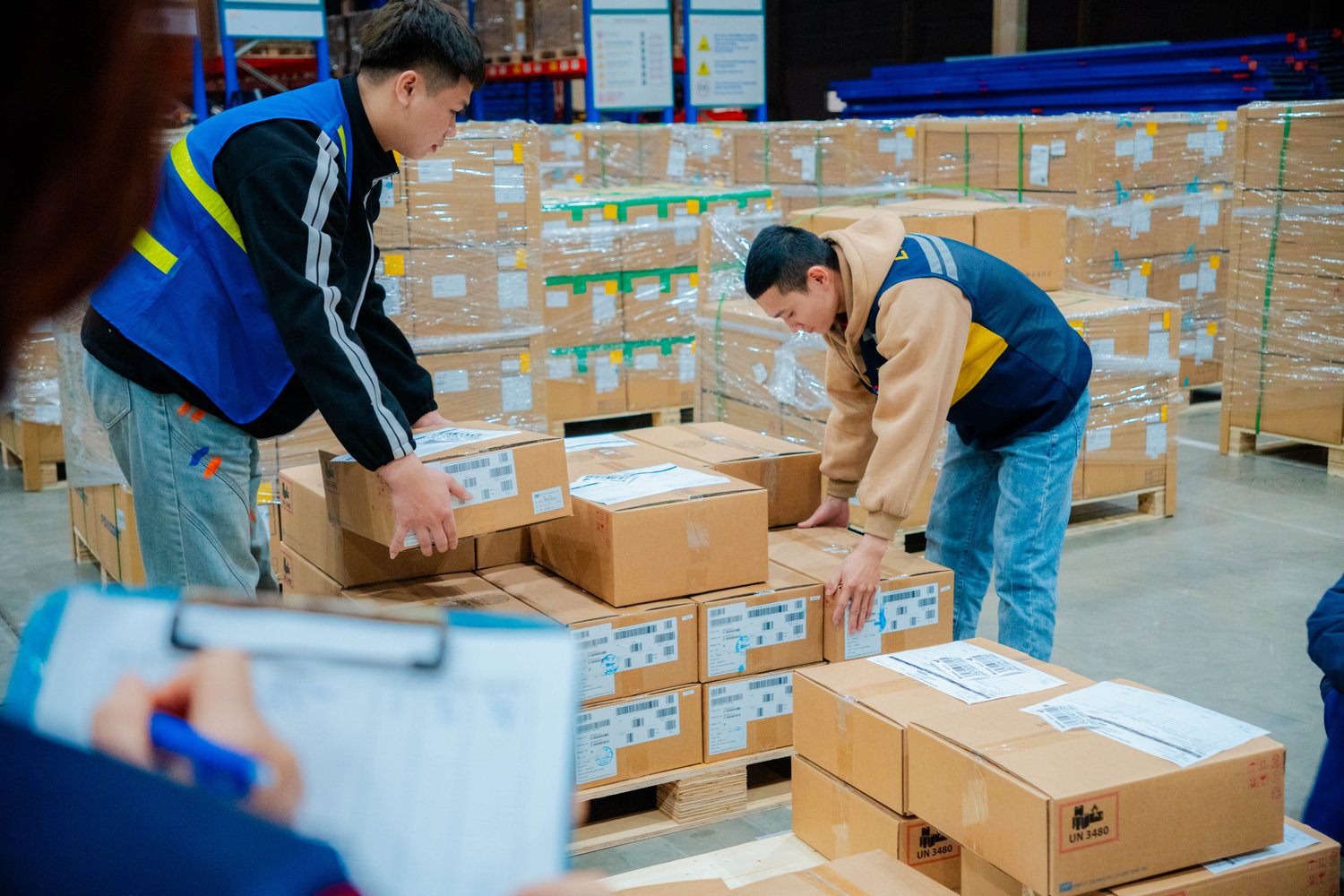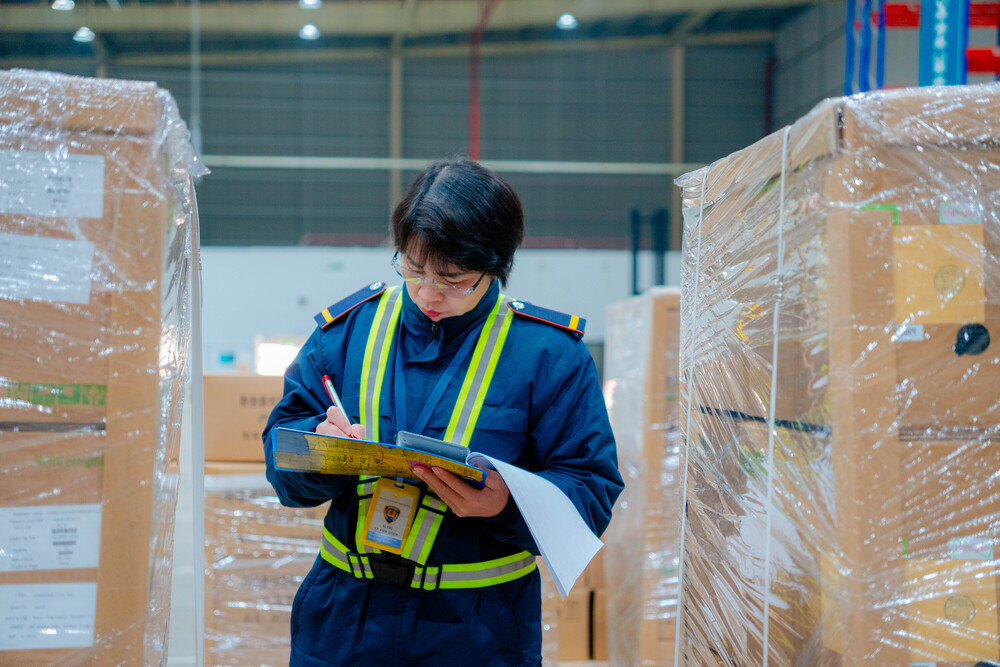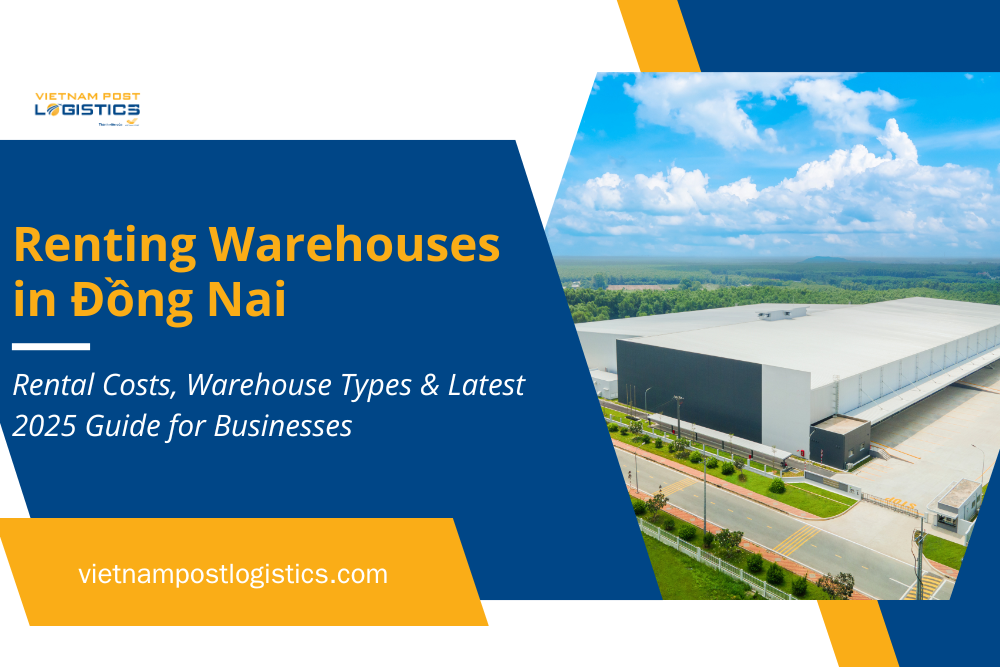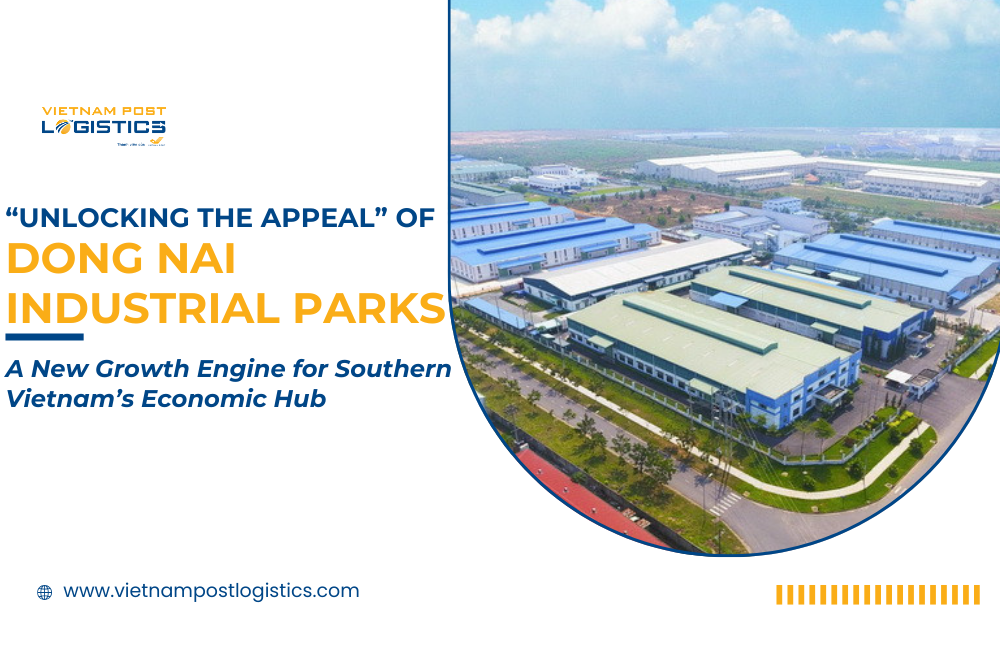
Bonded Warehouse Taxation in Vietnam: Key Business Insights
 Vietnam Post Logistics
Vietnam Post Logistics
 5 June, 2025
5 June, 2025
 5 phút đọc
5 phút đọc
In today’s fast-paced international trade environment, bonded warehouses have become an essential logistics solution for businesses dealing with import-export activities. Especially in a developing trade hub like Vietnam, bonded warehouses offer both flexibility and cost efficiency. However, one aspect that businesses often underestimate is taxation related to bonded warehouse operations.
In this article, Vietnam Post Logistics provides an in-depth overview of the tax implications of using bonded warehouses and outlines key points businesses should pay attention to when storing goods in these facilities.

What Is a Bonded Warehouse?
A bonded warehouse is a secured facility approved by customs authorities where imported goods can be stored without the payment of import duties and taxes until they are officially released for local consumption or re-exported. These warehouses serve as temporary holding zones, offering businesses more control over inventory, cash flow, and compliance timelines.
Bonded warehouses in Vietnam are governed by several legal frameworks, including:
- Vietnam’s Customs Law
- Decree No. 08/2015/ND-CP
- Circular No. 38/2015/TT-BTC and its amendments
- International trade agreements (e.g., WTO commitments, EVFTA)
Benefits of Using Bonded Warehouses
Before diving into taxation, it’s important to understand why bonded warehouses are widely used by importers, exporters, and foreign-invested enterprises:
- Deferred Tax Payments
Import duties and VAT are only paid when goods are moved out of the bonded area into the domestic market. - Flexible Inventory Management
Businesses can store goods for a longer time, consolidate shipments, or divide them as needed without immediate customs clearance. - Support for Re-Export
If goods are re-exported from the bonded warehouse, no taxes are applied, offering cost savings for companies engaged in international distribution. - Ideal for E-Commerce and Fulfillment
With the rise of cross-border e-commerce, bonded warehouses help streamline last-mile delivery and customs handling.
Key Tax Considerations for Bonded Warehouse Users
While bonded warehouses offer clear advantages, they also come with specific tax-related responsibilities and risks. Here are the core areas businesses should understand:
Import Duties and VAT Deferred – Not Eliminated
Many assume that storing goods in bonded warehouses means tax exemption. This is partially true:
- Deferred Duties: You don’t have to pay import taxes or VAT until the goods leave the warehouse and enter the domestic market.
- Re-Export Advantage: If goods are exported to a third country, they are not subject to import tax or VAT in Vietnam.
Key Point: If goods are eventually sold domestically, import duties and VAT apply based on the applicable rates at the time of release, not the time of arrival.
Time Limits on Storage
According to Vietnamese regulations, goods can only be stored in bonded warehouses for a maximum of 12 months, extendable in special cases. If the timeline expires:
- The business must re-export, destroy, or release the goods into domestic circulation.
- Failure to act may result in customs penalties and forced clearance, including tax payment.
Tip: Track storage timelines carefully and plan in advance for customs declarations.
Customs Declarations and Documentation
Even though taxes are deferred, accurate customs declarations are mandatory when goods enter and leave the bonded warehouse.
You’ll need to submit:
- Import/export declarations
- Packing lists
- Bills of lading
- Commercial invoices
- Warehouse receipts
Failure to comply with customs procedures can result in delays, fines, or denial of bonded privileges.
Tax Implications for Domestic Sales
If your stored goods are later transferred to a Vietnamese buyer, they are treated as imports into the domestic market, triggering:
- Import duties
- Value Added Tax (VAT)
- Special Consumption Tax (if applicable)
Businesses must declare the change in status and settle taxes within the time frame stipulated by customs (usually 15 days).
Transfer Pricing and Valuation Risks
Another often-overlooked issue is transfer pricing and the declared value of goods.
- Customs may assess whether the declared import price aligns with market value.
- Artificially low declared values to reduce tax obligations can trigger audits or fines.
Businesses should use transparent pricing documentation, especially for intra-group transactions.
Tax Compliance Checklist for Bonded Warehouse Users

To operate smoothly and avoid regulatory risks, here is a practical checklist for tax compliance:
| Task | Description | Frequency |
|---|---|---|
| Record keeping | Maintain accurate records of inbound/outbound goods | Ongoing |
| Customs declaration | Ensure timely and correct submissions | Every shipment |
| VAT and duty payment | Pay applicable taxes for domestic transfers | Within 15 days |
| Inventory audits | Coordinate with customs for annual inspections | Yearly or as requested |
| Expiry management | Monitor storage periods to avoid overstay penalties | Monthly review |
| Legal updates | Stay informed about changes in customs/tax law | Quarterly |
Common Mistakes to Avoid
- Assuming full tax exemption: Only re-exports are tax-free. Domestic sales still incur taxes.
- Neglecting expiration deadlines: Overstaying goods can lead to forced clearance and penalties.
- Using bonded warehouses for unauthorized purposes: E.g., modifying or manufacturing goods (unless licensed).
- Failing to inform customs of changes: Like ownership, destination, or usage of goods.
- Inadequate internal tracking systems: Manual records increase the risk of non-compliance.
How Vietnam Post Logistics Can Help
As a trusted provider of bonded warehouse services in Vietnam, Vietnam Post Logistics offers:
- Fully licensed bonded warehouse facilities in strategic locations (e.g., near ports and airports)
- End-to-end customs brokerage services, reducing paperwork and risk
- Integration with fulfillment, e-commerce, and international forwarding
- Expert consultancy on customs valuation, tax planning, and trade compliance
With years of experience handling bonded storage for clients across industries—from electronics and garments to pharmaceuticals and FMCG—we ensure that your goods are stored safely, efficiently, and in full compliance with Vietnamese laws.
Using a bonded warehouse can significantly improve your supply chain flexibility and cash flow. But to truly benefit, businesses must understand and manage their tax obligations carefully.
Whether you’re an exporter, importer, or foreign-invested enterprise in Vietnam, being aware of customs rules, deadlines, and taxation policies is crucial. Always work with a logistics partner who understands the complexity of bonded warehousing in Vietnam.
Need bonded warehouse solutions in Vietnam? Contact Vietnam Post Logistics today for expert support tailored to your business.












